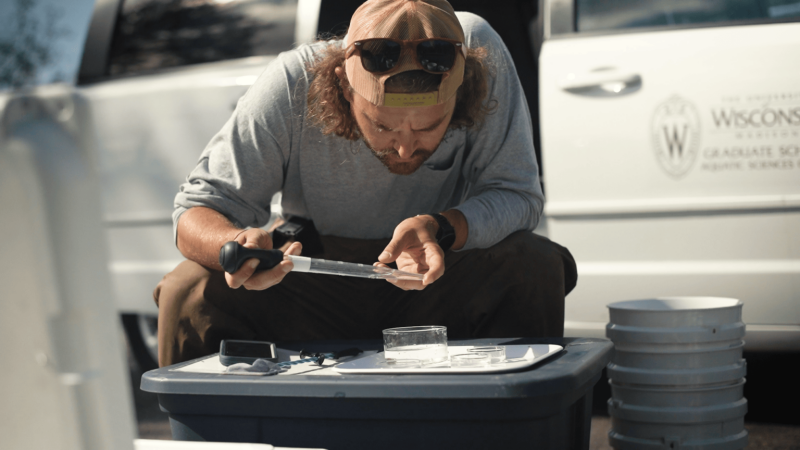The NOAA Sea Grant program has recently announced the launch of new projects designed to address growing environmental and community health concerns related to contaminants of emerging concern (CECs). These contaminants, which include a wide range of substances that may be present in the environment but have not yet been thoroughly studied or regulated, pose significant risks to coastal and marine ecosystems as well as public health. With the funding of these projects, Sea Grant is taking a proactive step to mitigate these risks, especially in vulnerable communities that rely heavily on the health of their surrounding natural resources.
What Are Contaminants of Emerging Concern?
Contaminants of emerging concern are chemicals or pollutants that are not well understood, are often not regulated, and may have unknown environmental impacts. Some of the most concerning CECs include pharmaceuticals, personal care products, and industrial chemicals that have been detected in waterways and marine environments. While research on CECs is still in its early stages, there is growing evidence that these substances can accumulate in aquatic species and harm ecosystems, human health, and the economy, particularly in regions that rely on seafood harvesting and recreational water activities.
New Sea Grant Projects Focused on Community Impact
The new projects funded by NOAA’s Sea Grant program address these concerns in coastal communities. The initiative will focus on enhancing the understanding of how CECs affect water quality, wildlife, and human health, particularly in areas where communities depend on clean water and marine resources for their livelihoods.
Some of the funded projects include:
- Research on Pharmaceutical Pollution in Coastal Waters: Researchers will explore the impact of pharmaceutical drugs and other personal care products that enter the marine environment through wastewater systems. They will investigate how these pollutants affect the reproductive health of marine species and the quality of seafood harvested in affected areas.
- Public Health Studies in Coastal Communities: In partnership with local organizations, these studies aim to understand how CECs in water sources might be linked to higher rates of illness in coastal populations. With a particular focus on communities with limited access to healthcare or scientific resources, the research will seek to identify specific contaminants that are most prevalent and harmful to human health.
- Monitoring and Mitigation of CECs in Fisheries: This project will implement advanced monitoring techniques to track contaminants in fish and shellfish populations. Researchers will also work with local fisheries to develop strategies to reduce exposure to these pollutants and mitigate potential risks to public health.
- Community Education and Engagement: One of the central elements of the initiative is ensuring that local communities are educated and empowered to take action. The Sea Grant program will fund outreach efforts aimed at raising awareness about CECs and promoting better waste disposal and water treatment practices to reduce contaminants entering local waterways.
Collaborative Efforts for Lasting Solutions
The Sea Grant program's new funding initiatives will foster collaboration between scientific researchers, government agencies, and local communities. Through this network of expertise and resources, Sea Grant aims to create lasting solutions to mitigate the risks of CECs and ensure that coastal ecosystems remain healthy and resilient for future generations.
While the challenge of contaminants of emerging concern may seem daunting, the program provides hope for vulnerable coastal communities and ecosystems. By focusing on research, public health, and community engagement, NOAA Sea Grant is helping to pave the way for cleaner, safer coastal environments and more sustainable marine resource management practices.
As the Sea Grant program continues to support innovative solutions to pressing environmental challenges, it underscores the critical role of community-driven science in safeguarding the health of our oceans, fisheries, and coastal communities. The work being done today will have long-lasting impacts, not only for the marine environment but for the people who rely on it for their livelihoods and well-being.
The increasing presence of contaminants of emerging concern in marine environments requires urgent attention and action. NOAA's Sea Grant program is rising to the challenge, funding projects that promise to enhance scientific understanding, protect public health, and promote sustainable practices for managing these pollutants. With these new initiatives, Sea Grant is strengthening its commitment to protecting the nation's coastal resources and supporting the communities that depend on them.







